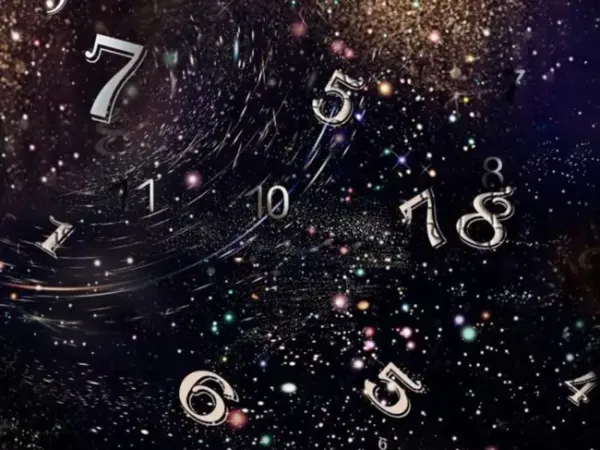
Dating app algorithms haven’t cracked the code on heaven-made matches just yet.
Collectively, dating apps like Tinder, Hinge and Bumble have amassed hundreds of millions of users, and increasingly, they’re becoming a more popular way for singles of all ages to date.
Indeed, dating apps are arguably the best way to find first dates and no-strings-attached lovers, but psychology researchers wanted to know whether committed relationships born online are built to last.
In light of this growing demographic of digitally devised married couples, a new study, published in Computers in Human Behaviorexplored how the place a couple meets impacts their relationship down the road.
The study revealed that not all of these marriages born in the mainframe hold up to couples who began their relationships IRL.
The study issued a survey to 923 married adults based in the US, and around half of the studied adults met their spouse online.
According to the study, online daters consistently reported less satisfying and stable marriages than offline daters did, leading to what the researchers called the “online dating effect.”
While differing individual factors like age, prior dating experience, and personality traits can all do their fair share of romantic wreckage, the study focused on “external influences on courtship such as societal marginalization and geographic distance.”
These external influences can impact emotional and physical vulnerability as well as conceptions of external approval.
With online dating, couples are typically matched up via an algorithm that detects user data and previous activity to suggest potential compatibility.
These couples also typically don’t face the same initial pressure from friends or families as online daters tend to introduce their partners to their loved ones after the relationship becomes more established.
While this phenomenon can be liberating for the couple at first, it can also lead to a sense of insecurity among one or both partners, especially when considering the lack of initial external approval and the amount of time already invested in the relationship — which may lead an individual to tough it out, though these couples are admittedly less likely to make it to marriage.
Typically, the couples in the study who met online were younger and more recently married, which could also factor into feelings of instability.
Although the study’s pool of online daters reported less satisfying marriages overall than couples who met in person, the quality of these connections was still considered relatively higher than in comparable studies in the past, the researchers clarified.
Not all couples who meet online are guaranteed to glitch. As The Post previously reported, online dating can take on a dark side. Those who are insecure about their looks, socially anxious or extra-sensitive to rejection are more likely than others to use dating apps in a problematic way, and often, become obsessed with these platforms.
In some cases, a preoccupation with online dating can result in chemical imbalances that can even affect libido levels, so swipe carefully — depending on how you operate, you could end up with a future spouse or hormone instability.
-
Copper for a smarter you? Study finds this mineral may boost brain health as you age

-
How serious is Trump’s chronic venous insufficiency, and could it signal something more dangerous like heart failure?

-
OpenAI unveils ChatGPT agent to handle tasks as AI apps evolve

-
Numerology Horoscope Today, July 18th, 2025: Number 7 Meets the Spirit of Sawan with Intuitive Wisdom, Honest Expression and Divine Direction

-
Astronomer CEO Andy Byron removes LinkedIn post as wife Megan Kerrigan drops surname ‘Byron’, deletes FB account. Here’s what the post said
